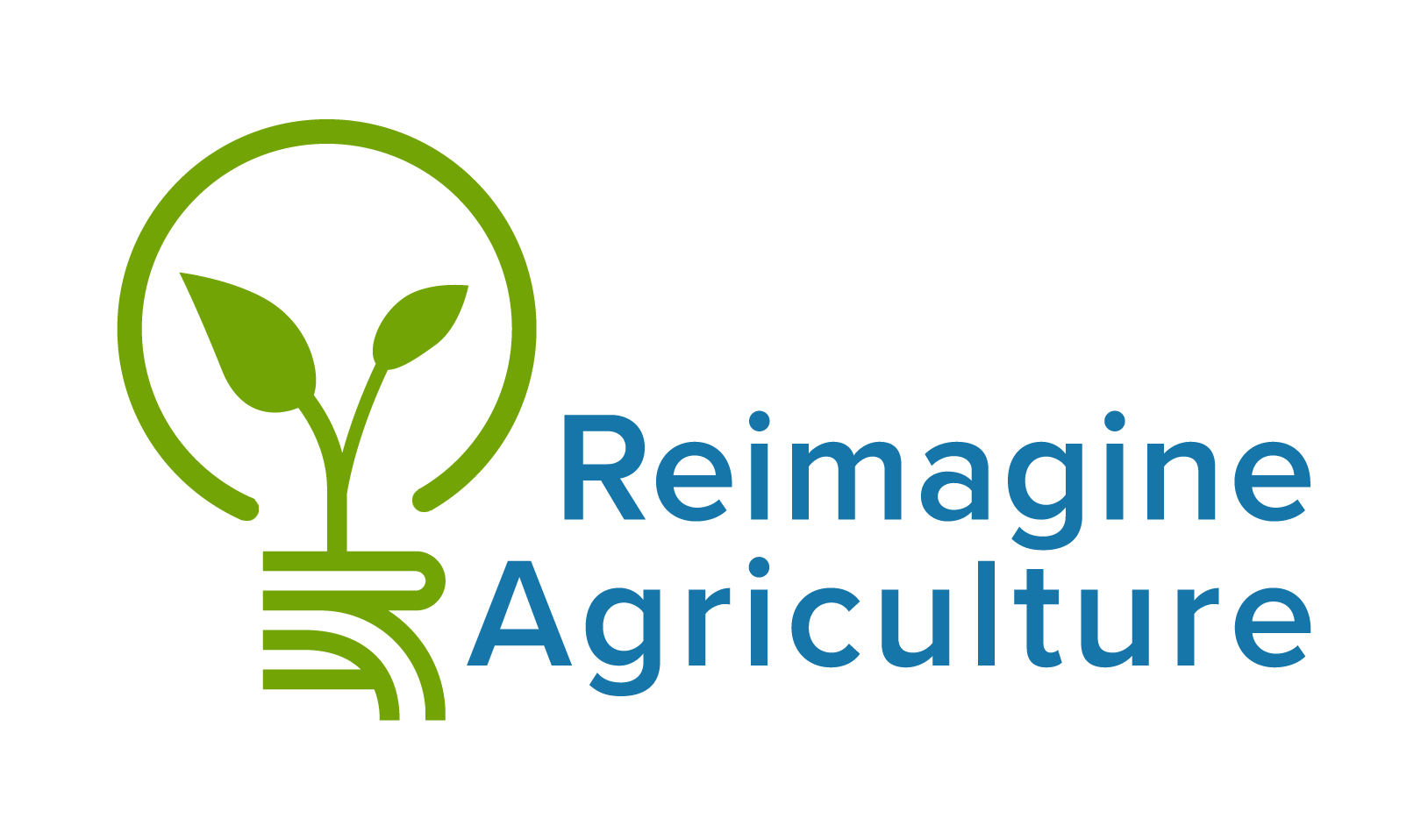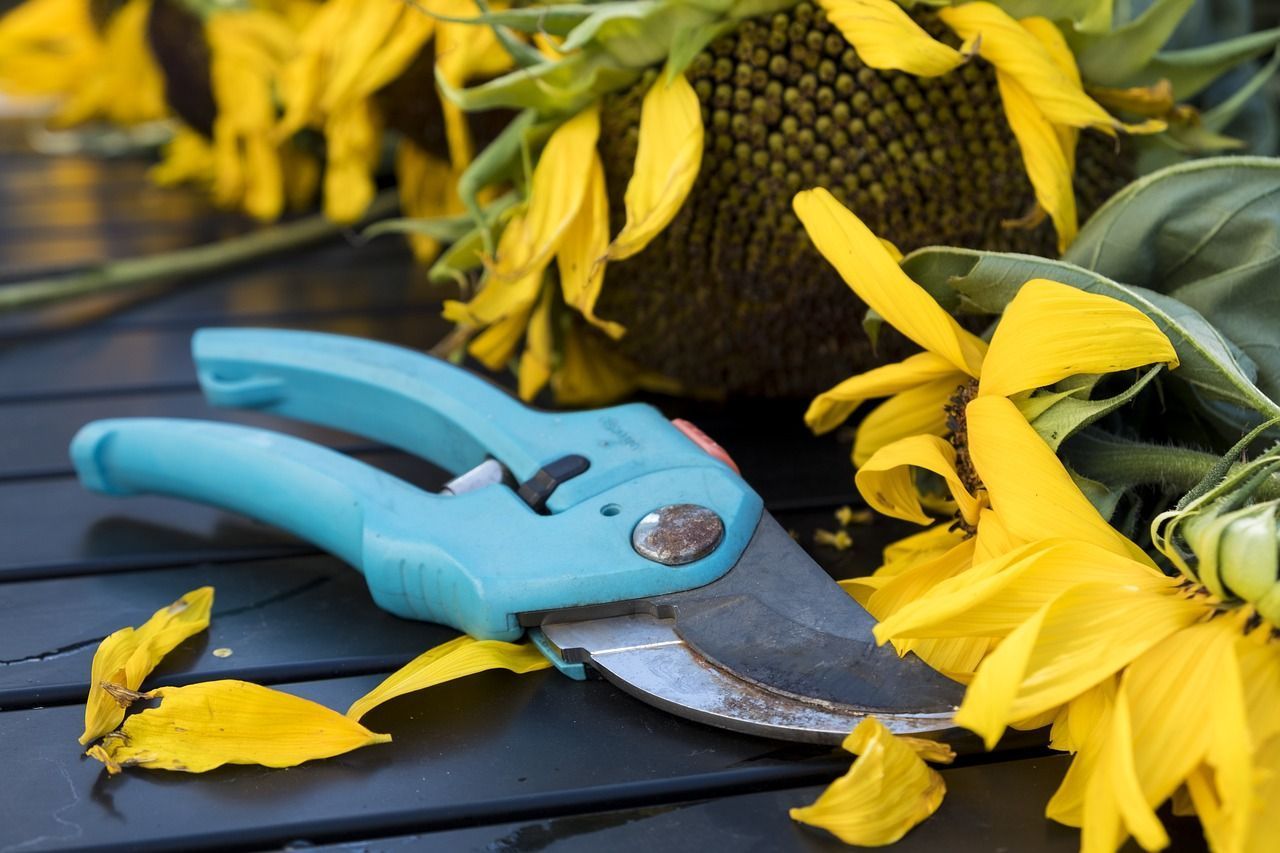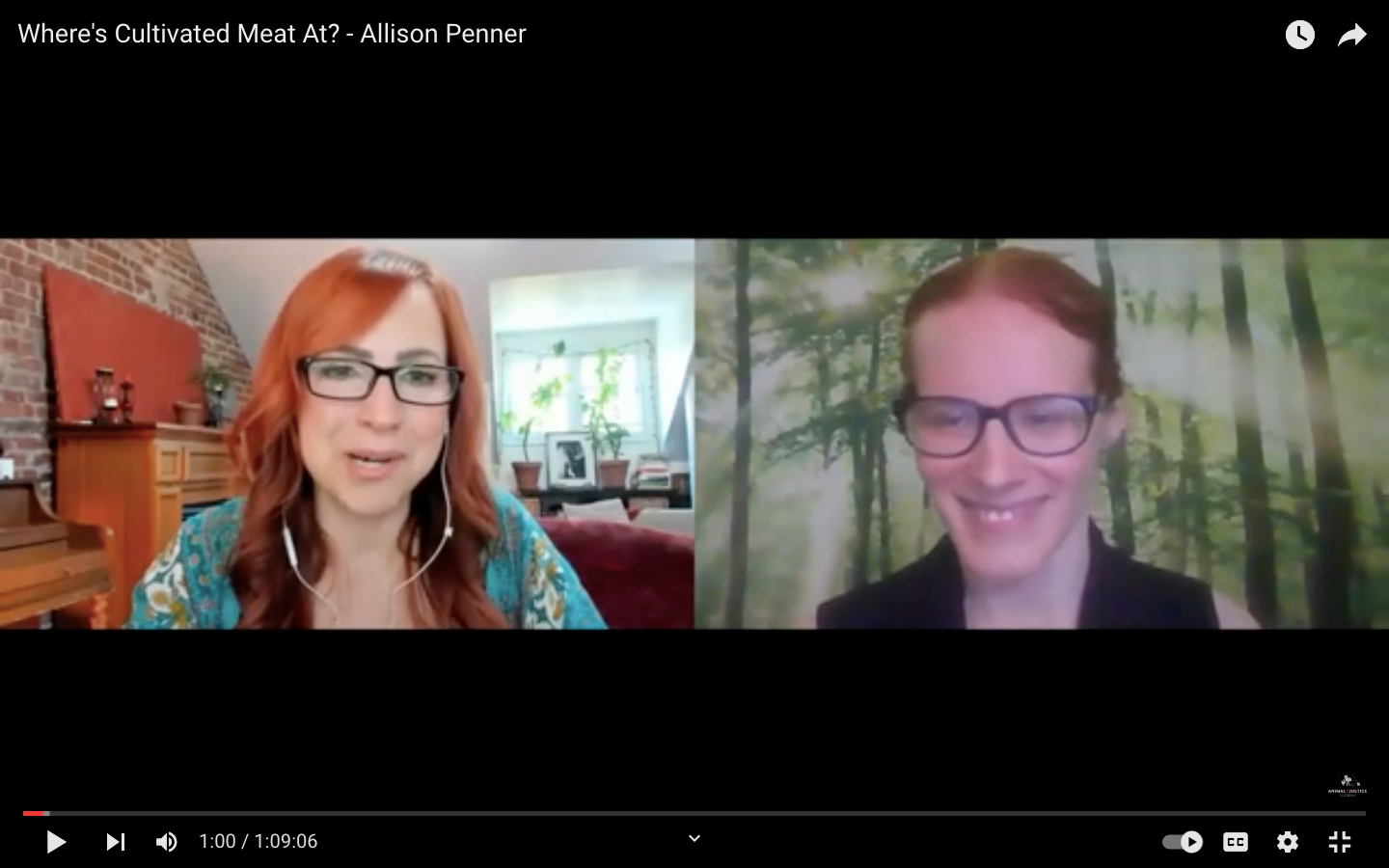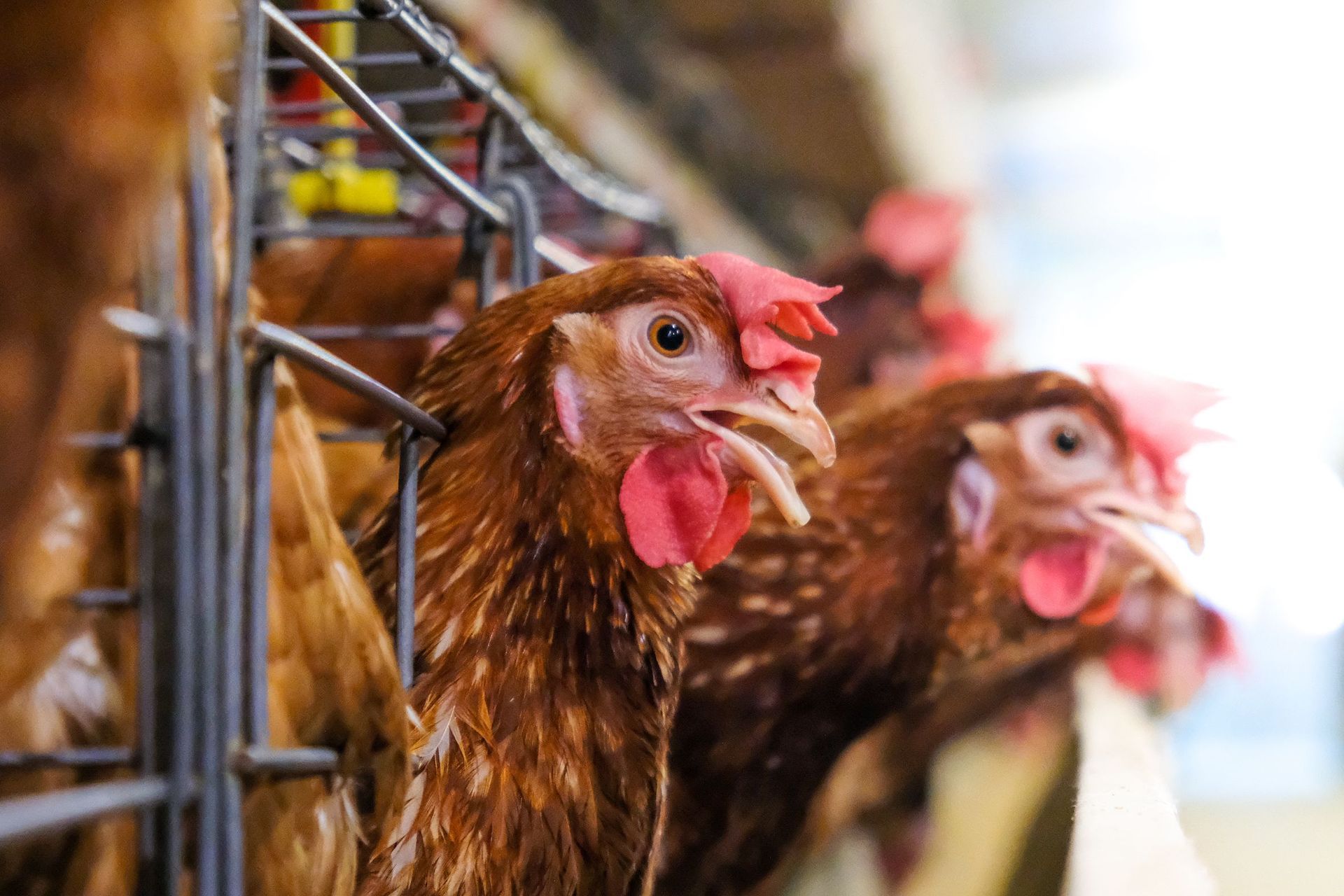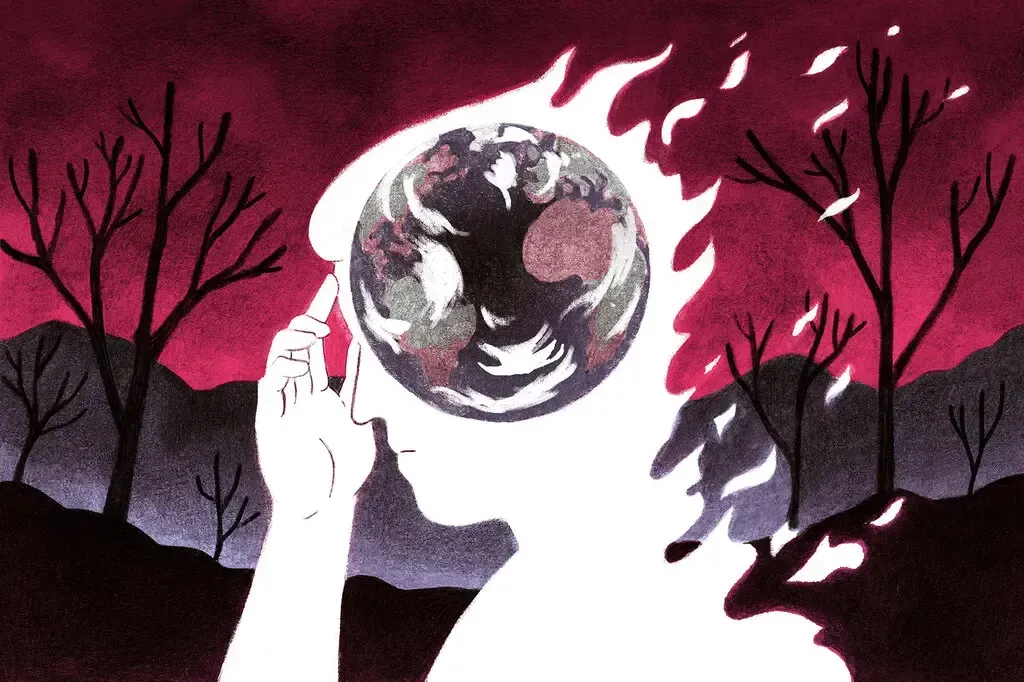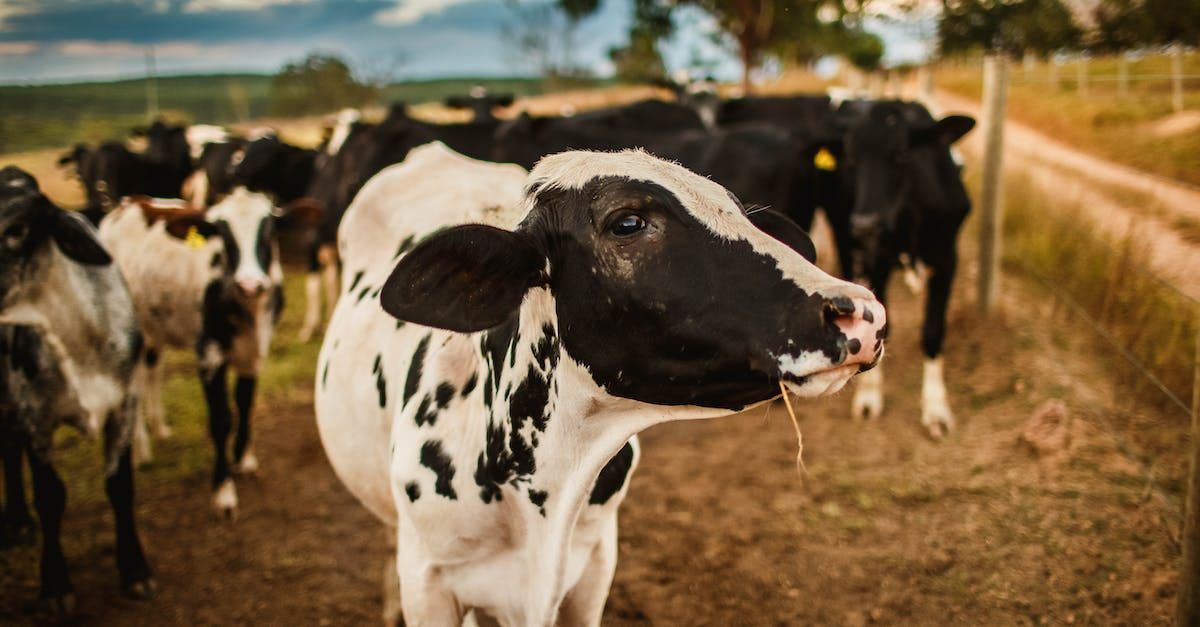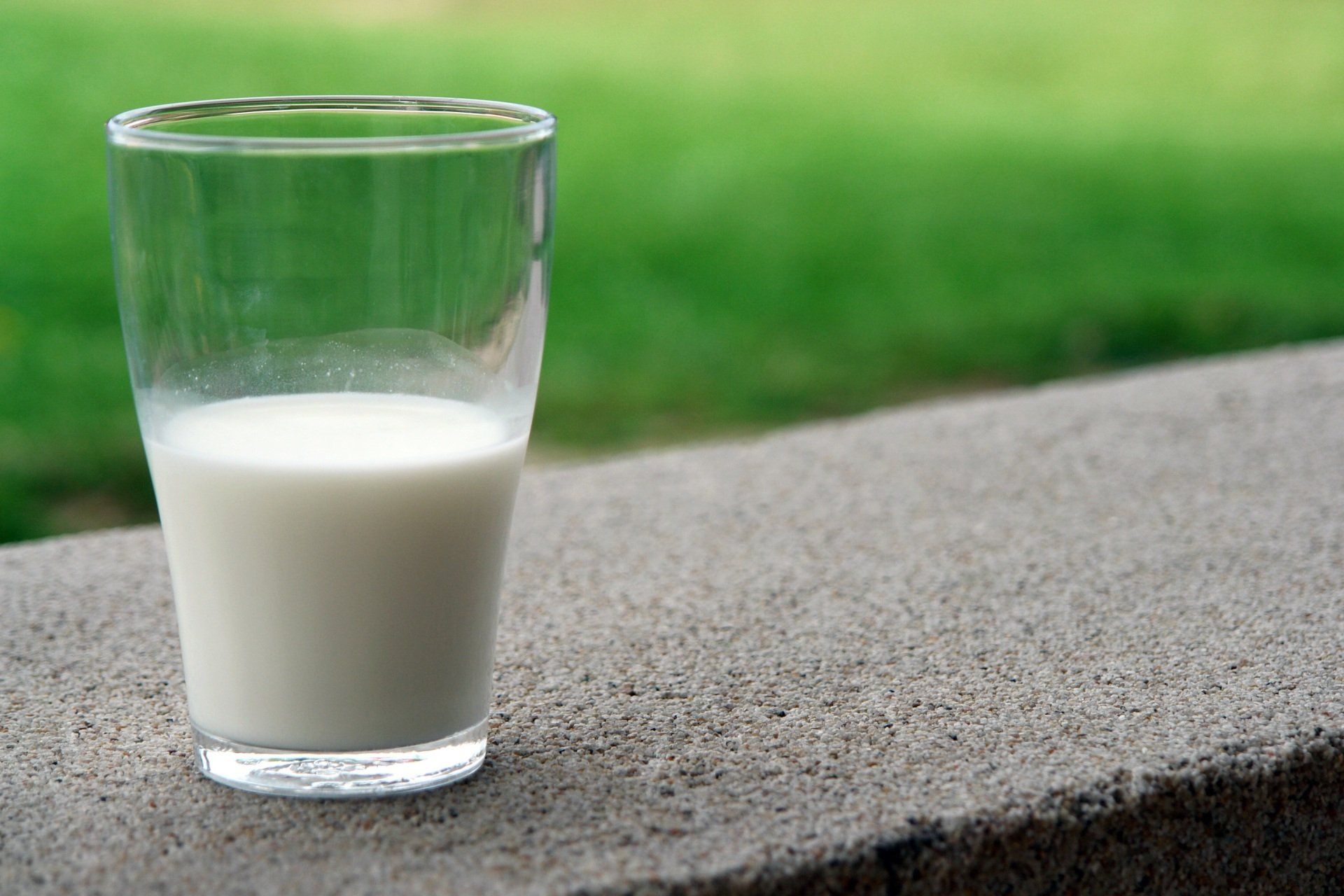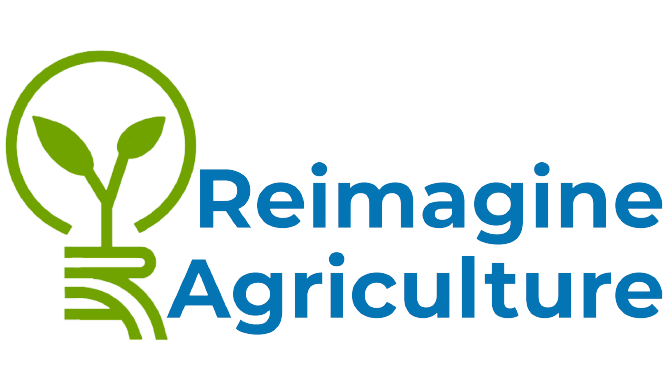Climate Justice - what is it and how can we help?
October 9, 2020
By: AnnMarie MacKenzie
To download a copy of this post with citation, click here.
The common images we see of climate change include stranded polar bears, animals without homes, and extreme weather events. These images paint a very specific picture of the situation. It is ironic that humans tend to focus on animals and the natural world, when it is we who experience some of the worst impacts of environmental destruction. Climate change has detrimental effects on people, including profound impacts on human rights such as those relating to health, education, housing, food and clean water.
For many years, farmers worldwide have expressed that, with each passing year, it becomes more difficult to harvest crops because rainfall is unpredictable. Communities in times past could predict the seasons, and plan for their own food security. In January of 2015 and March of 2019 , the country of Malawi faced unprecedented floods that killed hundreds while disrupting the livelihood of thousands. In fact, climate change has created refugees all over the world, not only in Malawi. Yet, when comparing the emissions of CO2 due to an average person in Malawi vs an average person in Canada, the average Canadian contributes 15 times that of the average person in Malawi.
This means that the people on earth who are most at risk of climate change are not the ones causing the most harm. The most vulnerable, such as those in developing countries or in more marginalised Indiginous communities, are not driving cars, taking plane rides, or over-consuming, yet they face the impacts of over-consumption almost daily. The choices that more privileged Canadians make in regards to consumption, and the resulting emissions of CO2, are impacting rural and marginalized communities’ ability to provide for themselves and plan for their futures.
This brings us to the idea of climate justice and the morality behind the choices we make. Climate justice “begins with the idea that the adverse impacts of a warming climate are not felt equitably among people.” People of colour, Indigenous people, people with disabilities, and women are all disproportionately affected by climate changes such as extreme weather, which disrupts access to food and clean water Acknowledging this inequality is daunting but can also be inspiring. Having this knowledge can allow us to try and make better choices - choices that both reduce our impact on climate change and that recognise climate injustice harm, and avoid abandoning those behind who are disproportionately affected. The effects of climate change exacerbate inequitable social conditions. Some Indigenous communities are already seeing their homes and livelihoods lost to rising sea levels or drought. For example, the Biloxi-Chitimacha-Choctaw tribe in Louisiana, USA has lost nearly all of its land and are being forced to relocate to higher ground. In Canada, Inuit populations that rely on sea ice are losing it to climate change. “Living off the land is still a big part of life in Labrador’s coastal communities.” The loss of sea ice is impacting food security since animals like seals are migrating with the changing ice. Ice serves as an important physical connection used to access traditional hunting grounds as well as connect communities that lack other infrastructure. The community of Ringolet, Labrador, in fact, has no roads and relies heavily on ice trails to connect them to hunting grounds and other communities.
Acknowledgement is only a small part of what needs to be done. We must more ambitiously work towards zero carbon emissions. The challenge is immense and the focus is rightly on industrialized, developed countries to cut their emissions through initiatives that focus on efficiency gains or switches to renewable energy. Furthermore, developed countries need to economically support developing countries in their goals to develop in ways that do not contribute to emissions - which has never been done before. This will require immense support from developed countries as humankind works together to reach our zero carbon goals.
There is some good news! Change is happening, and happening quickly. There are many ways that we, as individuals and also as a country, can reduce our impact on the climate. In Canada, production of renewable energy from wind, hydro, tidal, earth, solar, and biomass sources has been on the rise. In fact, Canada ranks 7th in the world for production of renewable energy. Choosing renewables both as a consumer, but also in your support of political parties that want to see growth in these industries is critical.
Another way that we can reduce our impact on climate is by finding ways to make our diet more sustainable. At Reimagine Agriculture, this topic is near and dear to our values. “As it currently stands, animal agriculture is rife with environmental externalities. It requires a massive amount of resources to raise an animal to the point where it can be slaughtered, and the process often results in the release of climate change-causing greenhouse gas emissions.” One way to make food production in Canada more sustainable is to support new and emerging technologies such as clean meat, alternative meat, and alternative dairy. Another way that we can look at sustainable food use is through the lens of food waste. As an individual we can incorporate more sustainable foods into our diets while also tracking our own food waste, and the waste of our food suppliers. As a society, we can invest in or vote for sustainable food products and the minimizing of food waste in our systems.
There are many many ways that we can reduce our impact on climate change, and a vast number of different sources of inspiration. If melting glaciers or species loss is not inspiring, remember that climate change can be framed as an inherently social issue that disproportionately affects already marginalized people. In fact, there are also organizations out there that are seeking to close this gap by including race, gender and class in climate conversations, such as Climate Justice Alliance.
The injustice of climate change needs to be viewed through the lens of marginalized peoples. If we care about issues of poverty and marginalization, we must also care about our environment, and the people who depend on it.
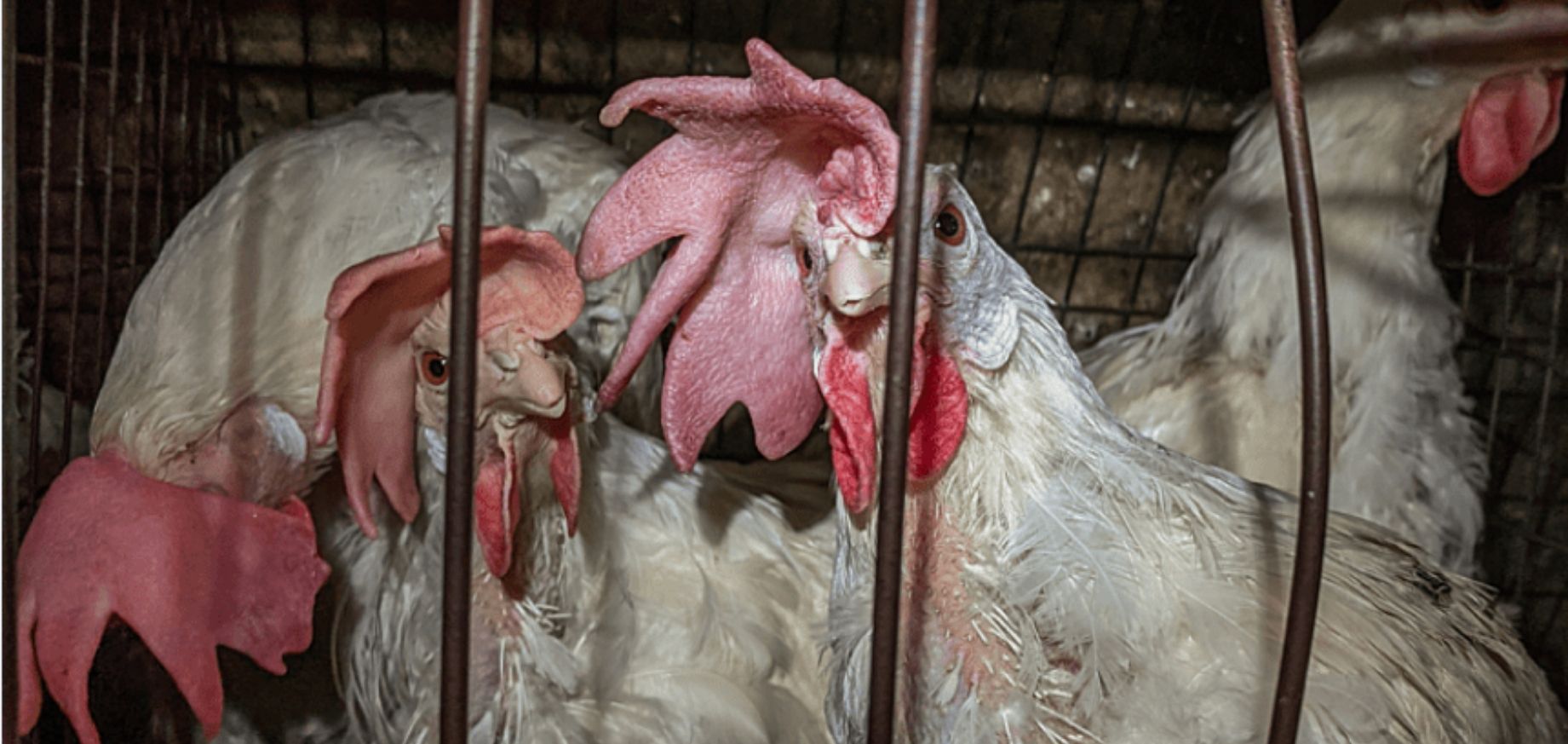
Originally posted on Mercy For Animals' web blog . I am grateful for Mercy For Animals’ work in highlighting the unacceptable lack of progress in cage-free hens in Canada, as outlined in their new report, Beyond the Commitment: Evaluating Cage-Free Progress Across the Canadian Retail Sector . As the report demonstrates, Canada’s percentage of cage-free hens (20%) lags behind global standards, including those of the US (45%), Australia (62%), and the EU (82%). This failure to meet the most basic standards of the agricultural industry highlights the lack of governance and transparency in Canada’s food system. The reality is that there are no federal standards for farm animal welfare. To quote a former farm worker, “You don’t need to be an animal advocate to believe in cage-free hens”. It is clear to any typical individual who visits these operations that caged hens are unacceptable. It is not a matter of if, but when cage-free hens become required by law. The agricultural industry can do itself a favour by taking steps forward and becoming a leader, rather than watching itself lose the trust of consumers and face greater regulation at a far higher cost. Allison Penner is the Executive Director of Reimagine Agriculture . She drives collaborative solutions to key challenges in Canada’s food system, focusing on food tech, cultivated meat, food waste reduction, and plant-based food systems through policy development, public education, and media commentary on a forward-thinking agricultural future.
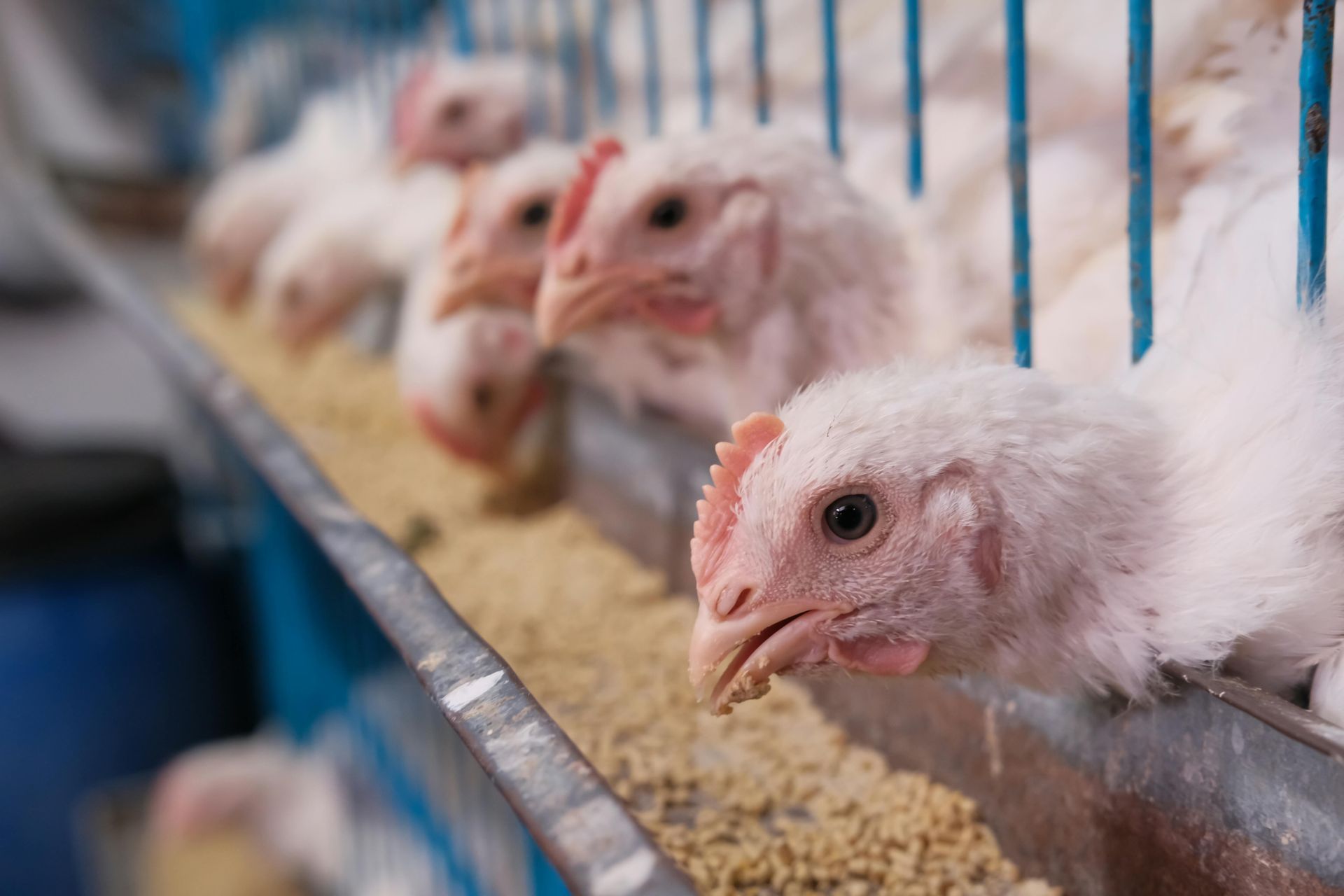
The 2024 Canada Animal Welfare Scorecard evaluated animal welfare commitments and transparency across 40 leading Canadian food companies. Focusing on cage-free eggs, gestation-crate-free pork, and adherence to Better Chicken Commitment (BCC) standards, the report uncovers serious gaps in transparency, industry-wide “humanewashing,” and persistent animal welfare issues. Here’s a breakdown of the most troubling findings. 1. Lack of Transparency in Major Retailers and Foodservice Providers Walmart Canada, Calgary Co-op, and Federated Co-operatives have demonstrated minimal transparency, failing to publish updates or roadmaps on their animal welfare commitments. Walmart Canada is the only top-five retailer in Canada not reporting any progress on welfare practices, despite publishing incremental updates in the U.S. Meanwhile, Calgary Co-op still lacks any published policies or progress toward ending confinement for hens and pigs, despite its members’ vote to support humane conditions over a decade ago. 2. Misleading Industry Claims and "Humanewashing" Tactics A major issue facing Canadian consumers is the widespread “humanewashing” in the food industry, where companies use misleading labels and terminology to suggest higher animal welfare standards than actually practiced. Companies like Burnbrae Farms label their eggs as “Nestlaid,” implying cage-free conditions, which leads nearly half of surveyed consumers to mistakenly believe these eggs come from open barns. Industry groups, including Chicken Farmers of Canada , amplify this confusion by using terms like “family farms” to evoke images of small, humane operations, even when products are sourced from intensive confinement systems. Rather than improving actual welfare standards, these organizations invest heavily in shaping public opinion through corporate responsibility reports and marketing campaigns, leaving consumers misinformed about the true conditions behind their food. 3. The Crisis of "Frankenchickens" in Poultry Production The Canadian poultry industry’s use of ultrafast-growing birds, often termed “Frankenchickens,” remains a primary welfare issue. These birds are bred to grow four times faster than chickens in the 1950s, resulting in painful health problems and limiting their ability to move or access food and water. Although companies have pledged to stop using these breeds by 2026, few have shown significant action on this front. Major Canadian poultry producers continue to use these breeds, creating severe welfare implications. 4. Continued Use of Gestation Crates for Pigs Gestation crates remain the norm across Canadian pork production, confining mother pigs in cramped stalls that prevent them from turning around. Some progress is evident, with companies like Costco and Starbucks Canada reporting steps toward group housing. However, Walmart Canada and Federated Co-operatives have not published policies or progress. While the industry timeline for complete phase-out stretches to 2029, these companies have yet to implement meaningful welfare improvements, prolonging extreme confinement for Canada’s 1.2 million breeding sows. 5. Slow Progress in the Shift to Cage-Free Eggs Despite growing opposition to cage confinement from Canadian consumers, the Canadian egg industry continues to invest in “enriched” cage systems that offer only minor improvements over conventional battery cages. Companies like Metro and Sobeys committed to sourcing cage-free eggs but report slow progress across their supply chains, while Calgary Co-op has yet to report any steps forward. Globally, over 2,600 companies have committed to eliminating cages, but Canada falls behind due to its reliance on slightly modified cage systems. Moving Forward: Accountability and Clear Roadmaps Required Companies need transparent roadmaps, annual goals, and consistent reporting to keep pace with rising consumer and investor expectations. Brands such as A&W Canada, Aramark, and Panago Pizza have set strong examples, publishing BCC-compliant policies and reporting progress, proving tangible progress is achievable. However, for others, a significant gapremains between public promises and the welfare practices in their supply chains.
